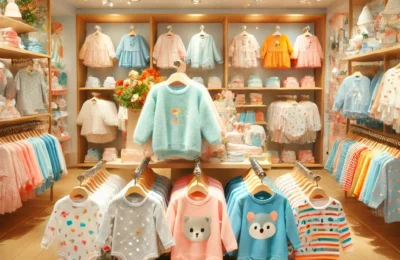21 Questions of Relationships Building: Before having a glance at the questions for building a relationship; we intend to make an overview of Relationships and finally a few recommendations for creating a questionnaire for building relationships.
We discussed Relatedness and Connectedness in one of the earlier posts titled Communication, Natural, and Social Perspective.
In this article, we will explore the various facets of relationships. We shall discuss these in detail to understand the entire Relationship. Our purpose in writing on these is to provide insight and guidance to our readers to navigate the complex world of relationships and build a meaningful connection with people in general and their associated ones specifically.
About relatedness, we discussed that it refers to the sense of connections or belongings that individuals feel toward each other. It can refer to a sense of social connectedness.
Relationship on other hand typically refers to a more specific type of connection between two individuals. Relationships are usually more intimate and involve a higher level of emotional, physical, or intellectual connection. We know that Relationship is the great essential part of human life. Whether it is family or any kind of relationship. However, these are not always easy and they require effort and commitment to thrive in a particular way.

Scope and Types of Relationship
The scope of relationships is constantly expanding and evolving with the changing social, cultural, and technological grounds. It encompasses a wide range of connections between individuals or groups of people. Some of the different types of relationships include:
- Family relationships: These include relationships between parents, children, siblings, and extended family members.
- Romantic relationships: These are intimate relationships between two people who share a physical and emotional connection.
- Friendships: These are non-romantic relationships between people who share a bond of mutual trust, support, and shared interests.
- Professional relationships: These are relationships between people who work together or who are involved in business or professional activities.
- Community relationships: These include relationships between individuals and groups within a community such as neighbors, volunteers, or members of shared interest groups.
- Online relationships: With the increasing use of social media online relationships have become more common. These can be friendships, romantic or professional relationships.
Importance of Relationship
Relationships are important for several reasons. These provide us with a sense of belonging, connection, and emotional support that are essential for our mental health and well-being. When we are connected to others and have meaningful relationships, we are more likely to feel loved, appreciated, and understood.
We know that emotional well-being and stability contribute to a sense of happiness, fulfillment, and resilience in the face of life’s challenges. Research has shown that a strong relationship has a positive impact on us. It reduces the risk of depression, anxiety, and other mental health issues. People who have strong relationships are generally happier, healthier, and have better emotional well-being.
We also can observe and experience that having positive relationships with others can also increase our sense of self-worth and self-esteem. We feel valued and accepted for who we are, which leads to self-confidence. It also generates a greater sense of purposeful and meaningful existence of ourselves in life.
However, it’s also important to know that all relationships are not positive and healthy. These are toxic relationships and have a negative impact on our mental health and well-being. It is important that we should prioritize relationships that are supportive, respectful, and nourishing.
Relationships help us to learn from others, expand our perspectives, and grow as individuals. Through relationships, we learn and develop a deeper understanding of ourselves. Our relationships help us in our personal and professional growth. Our relationships are like the little streams that make us stand tall in all kinds of circumstances, overcome challenges and keep flowing and flying. They motivate us to be the best in ourselves, achieve our dreams, and make a positive impact on the world.
Life without relationships can be lonely, unfulfilling, and emotionally challenging. Loneliness can have a negative impact on mental and physical health, increasing the risk of depression, anxiety, and other health issues. It is highly recommended that cultivate and keep a positive relationship to live a fulfilling and satisfying life.
What are the challenges of the Relationships and how to sustain a relationship
There are many challenges that can arise in a relationship.
Communication is the biggest challenge in any relationship. Lack of communication can lead to misunderstanding and conflict. It is vitally required to keep track of effective communication depending on your type of relationship.
Trust is the foundation of any healthy relationship. The relationship can be challenging and erode in the absence of trust. Always, be open and honest in keeping any kind of relationship.
It is important for partners to be compatible with one another in terms of values, interests, and goals. If they are too different then it can lead to conflict and lack of understanding. It is common for partners to have different expectations for the relationship.
Creating a good level of understanding with open and fair communication can help to overcome not only the challenge of difference in expectation but other challenges like external stressors, life changes so on. Navigating these challenges requires effort, communication, and a willingness to overcome challenges together.
Trust is the base of any relationship. Effective communication is essential in building and maintaining a healthy relationship. It takes practice and effort. Here are some tips for improving communication in your relationship.
- Listen actively; use nonverbal cues like eye contact, nodding, and facial expressions, and ask for clarification if you are unsure what your partner is saying
- Express yourself clearly
- Stay calm when conflicts are arising, avoid escalating the situation
- Validate the feelings of your partner even if you don’t agree
- Avoid defensiveness and possessiveness
There are different models and frameworks to understand the different aspects of a relationship. The most common model is the Johari Windows or Johari’s Quadrant. These four quadrants are:
- Open or Arena
- Hidden or Façade
- Blind Spot
- Unknown or Mystery
It is a tool to understand and improve self-awareness and interpersonal communication. By understanding and exploring each quadrant, individuals can increase their self-awareness and improve their relationships while increasing the open quadrant while reducing the hidden, blind spots and unknown quadrants with open communication. Here are questions that can help in getting to know your partner better and building a stronger relationship.
21 Questions about building a relationships
- What are your long-term goals and aspirations?
- What do you consider to be your biggest strengths and weaknesses?
- What makes you feel loved and appreciated?
- What are your most important values in life?
- What are your favorite hobbies or activities to do together?
- What are your biggest fears and insecurities?
- How do you handle stress and difficult situations?
- What are your expectations for the relationship?
- What is your love language and how do you prefer to receive love?
- What have been the most significant events or experiences in your life?
- How do you prioritize and balance work, family, and other commitments?
- What qualities do you value in others?
- How do you communicate when you are upset or angry?
- What are your boundaries and needs in a relationship?
- What are your thoughts on spirituality or religion?
- What are your views on money and finances?
- What are your dreams and aspiration for the future?
- How do you like to spend your free time and unwind?
- What have been the biggest challenges in your life and how did you overcome them?
- What are your preferred ways of showing affection and appreciation?
- What are your hopes and expectation for the future of the relationship?
In conclusion, we can say that relationships are an essential part of our life, having many forms. Whatever the form is, healthy relationships are built on communication, trust, respect, keeping personal spaces, compromise, empathy, support, and love. It is important to understand the different aspects of relationships and work towards building and maintaining healthy, fulfilling relationships. By doing so, we can improve overall well-being and lead a more fulfilling life.
Concluded.
Disclaimer: The majority of the pictures on our platform are sourced from Google images and Pexels, and may not indicate copyright ownership. We will promptly remove the picture with sincere apologies, if any copyright claims.







